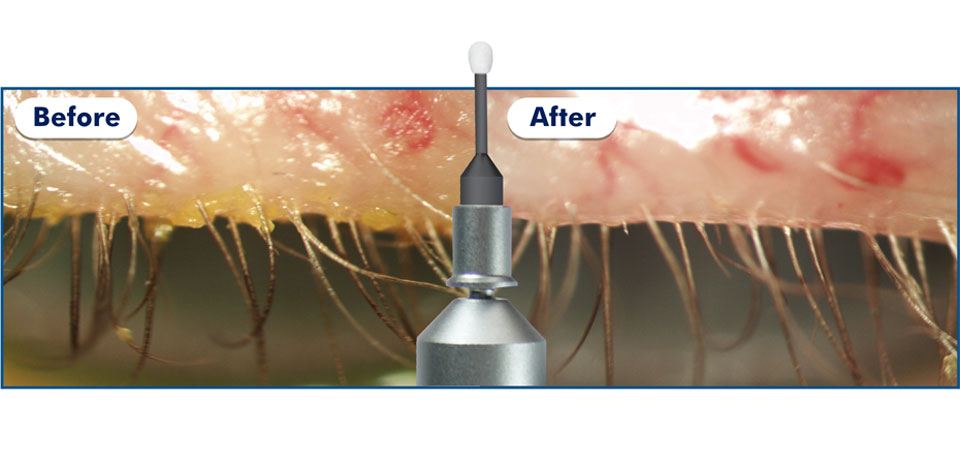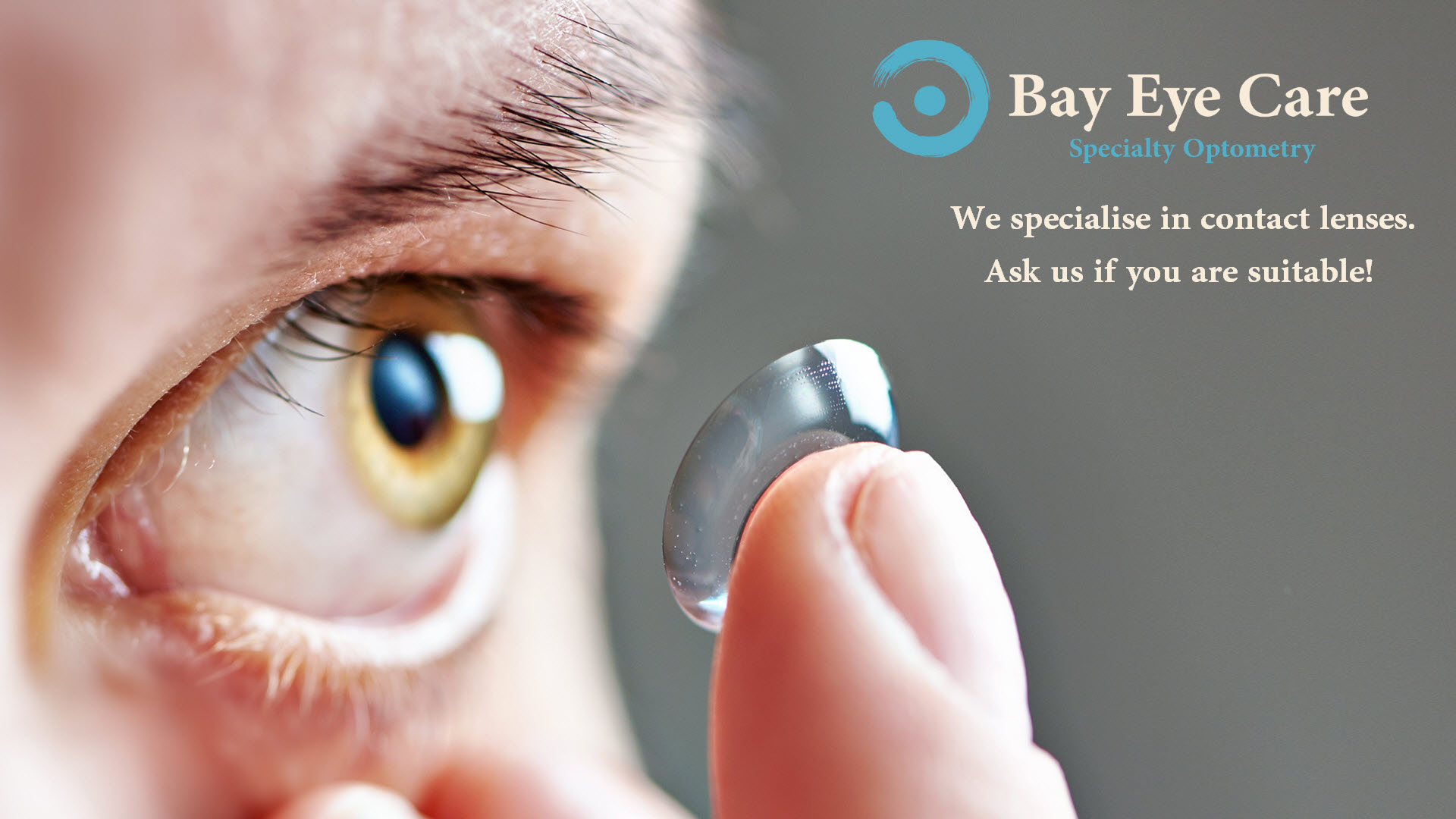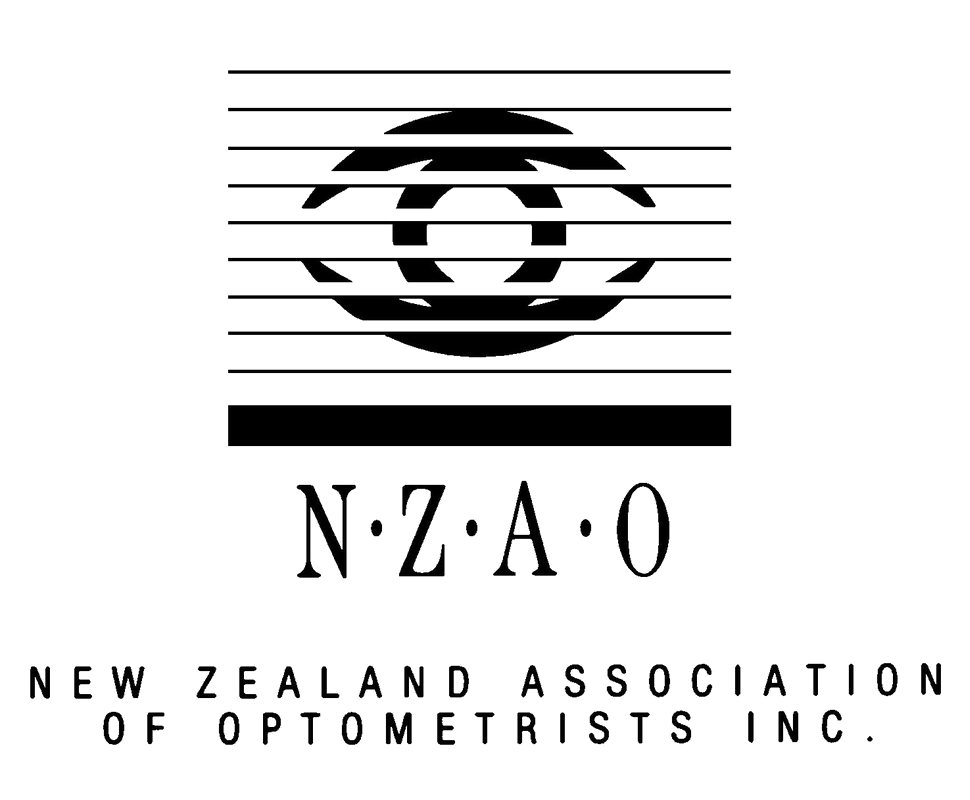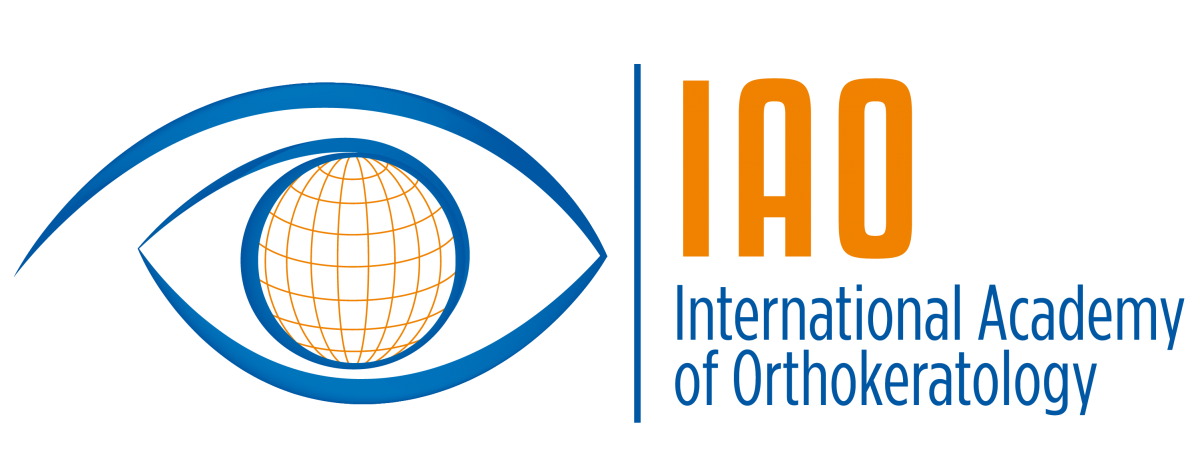The eyelid debris in someone with anterior blepharitis.
As we get older our immune system is less able to keep control of micro-organisms such as bacteria. A chronic overgrowth of these critters in the eyelid margin is called anterior blepharitis which be seen clinically as crusty debris that builds up at the base of your eyelashes. These microscopic creatures release toxins which triggers inflammation, and this gives rise to symptoms of irritated, red or itchy eyes and eyelids. The condition can also increase the risk of styes and corneal ulcers.
Historically diluted baby shampoo has been used to treat bacterial blepharitis, but recent studies have shown this is not as effective as modern blepharitis treatments. These include daily lid hygiene with eyelid scrubs such as Sterilid. Many people with advanced blepharitis can also benefit from an in-office treatment at Bay Eye Care that uses a BlephEx rotating micro-sponge to remove stubborn debris and organisms along the eyelid margin.
Numerous demodex mites infesting an eyelash of someone with anterior blepharitis
One organism that can also cause blepharitis are Demodex: small mites that live on our skin and hair follicles. Demodex mites are more common as we get older; you are almost guaranteed to have some on your body at age 70! Examination of the eyelashes under a special light microscope is often needed to visualise the mites. These little beasties can be resilient to conventional therapies: a more specific approach is required, often involving tea-tree oil treatments such as Oust Extra Strength or 20% Tea-Tree Oil, specially formulated to kill mites.
As this condition is chronic, blepharitis symptoms will return if treatments are stopped, so ongoing routine management at home is advised. Make sure to visit Bay Eye Care to make sure your eyelids are not harbouring unwanted squatters!












